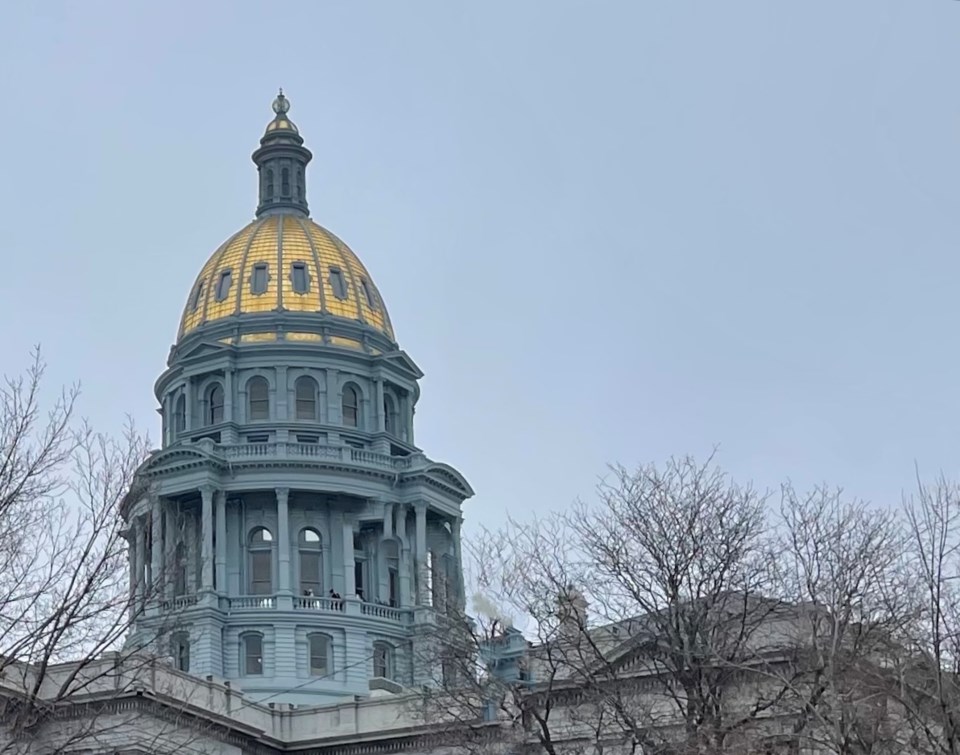In its latest regular meeting, Longmont City Council opposed a bill that aims to further protect consumers against public utilities.
HB23-1282 would specifically add public utilities to the definition of “person” in the Colorado Consumer Protection Act, which would “open the flood gates to frivolous consumer complaints,” a recommendation to City Council read.
The current statute already covers all business entities in the state, so the proposal to add utilities “unfairly and unnecessarily singles out one particular industry” and “implies that public utilities are engaged in conduct that entails unusual risks to consumers or otherwise warrants higher scrutiny,” the recommendation read.
The city manager’s office consulted with several public utility industry groups before writing the recommendation, which was accepted by City Council on April 11.
The Colorado Association of Municipal Utilities, Colorado Springs Utilities and the Colorado Rural Electric Association have opposed the bill.
Craig Johnson, director of government relations and general counsel for the Colorado Rural Electric Association, said the bill unfairly targets public utilities.
“Colorado’s electric cooperatives are not-for-profit utilities that are owned and governed by the customers they serve, and existing law provides adequate oversight and consumer protection,” Johnson said in a statement. “If passed, HB23-1282 will incentivize groundless and frivolous litigation against public utilities, driving up the costs to utility ratepayers while adding no additional consumer protection.”
In its latest regular meeting, City Counsel agreed the bill would trigger lawsuits and that those costs would ultimately be passed on to consumers.
The bill’s main sponsor, Rep. Cathay Kipp (D-Fort Collins) said the proposed legislation would help Coloradans.
“It enhances protections for consumers outlined in the Colorado Consumer Protection Act (CCPA) by clarifying that consumers who purchase their power from public utilities have the same legal protections against deceptive trade practices as everyone else,” Kipp said in a statement. “The CCPA already applies broadly to individuals, corporations, business trusts, estates, partnerships, and more. Public utilities that follow the law won’t see an impact from this bill, but when they do engage in inappropriate conduct, this bill provides an avenue to challenge unreasonable utility bills.”
The bill is scheduled for a hearing Thursday in the House Energy and Environment Committee.


.jpg;w=120;h=80;mode=crop)
